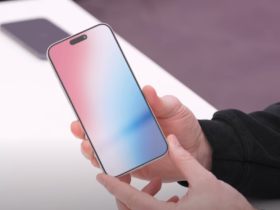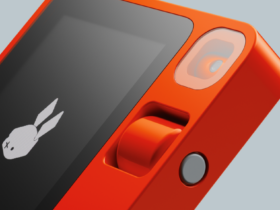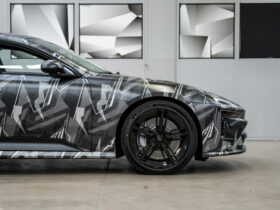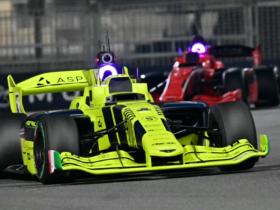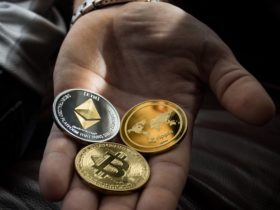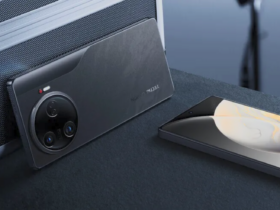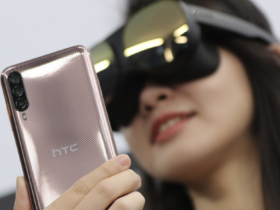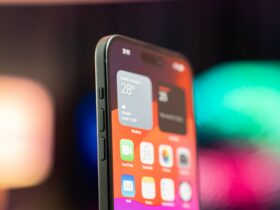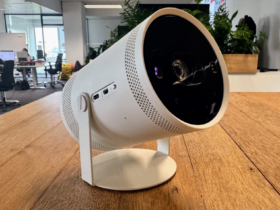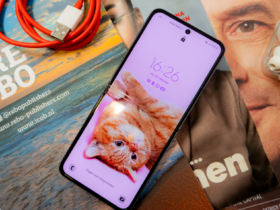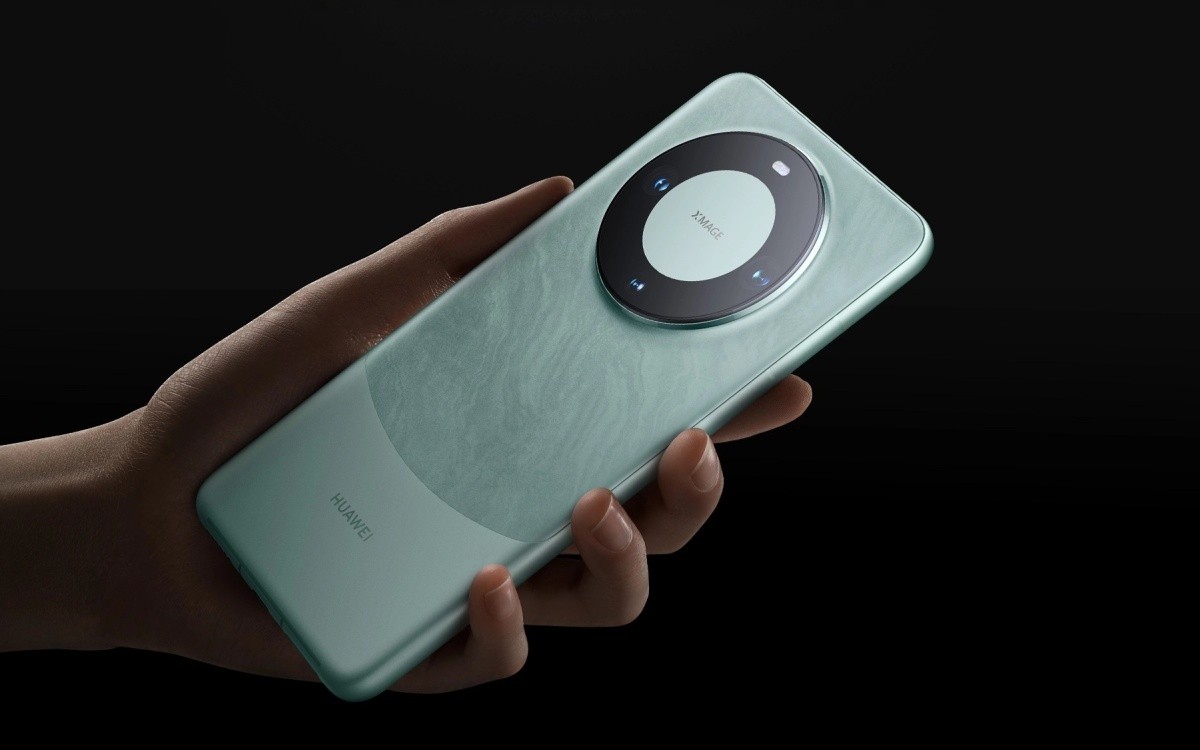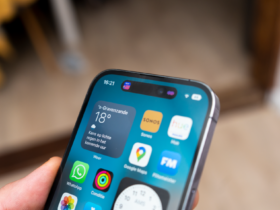Huawei seems to be a pariah when it comes to smartphones these days. Nevertheless, the Chinese maker continues to develop phones as usual. However, it remains very quiet about its latest, the Mate 60 Pro. Why?
Huawei is still an incredibly big brand in China, but in Europe, it’s been binned. You can buy the devices, only they don’t run Android.
@wantnl
USB-C for your iPhone, but The Apple Way  #iphone15 #iphone15pro #iphone15plus #iphone15pluspink #iphone15promax #apple
#iphone15 #iphone15pro #iphone15plus #iphone15pluspink #iphone15promax #apple
♬ original sound – WANT – WANT
What about Huawei’s new high-end smartphone?
It has everything to do with the United States. Those have targeted sanctions against the company, preventing Google from supplying Android to the phone maker. As a result, the Chinese have built their own operating system. The only downside is that many companies do not supply apps to Huawei’s app store.
Nevertheless, the company still makes hefty smartphones that it also tries to sell in Europe. The latest is the Huawei Mate 60 Pro, which the company quietly launched in China, but is not giving it any attention at all here.
So far, the company’s failure to say anything about the phone is striking. That surprise comes as Huawei held a two-hour-long event yesterday with all kinds of information about big products coming this fall, including a new electric car. However, nothing at all was said about the new flagship.
A big mystery
With the Huawei Mate 60 Pro, the main focus is on the chip inside the device. This has an advanced 7 nm chip, which is special, since the company needs ASML’s machines for it. The Dutch company is not allowed to supply Huawei due to sanctions.
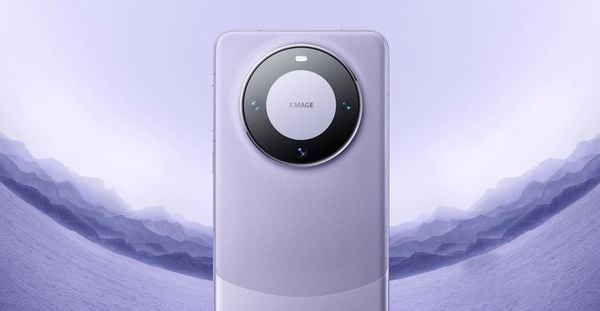 The Mate 60 Pro. (Image: Huawei)
The Mate 60 Pro. (Image: Huawei)
The big question is how the company was able to make the 5G chip anyway, or find a way around sanctions. If China can now also develop its own high-end chips, it becomes less dependent on the West. Perhaps that is why Huawei is keeping relatively quiet.
Huawei was the world’s second-largest smartphone manufacturer for a long time, but sanctions have caused it to lose that position. It even had to get rid of subsidiary Honor. Yet it is now managing to find its way back up in China. Its market share in China has risen from 6.9 percent to 11.3 percent.







